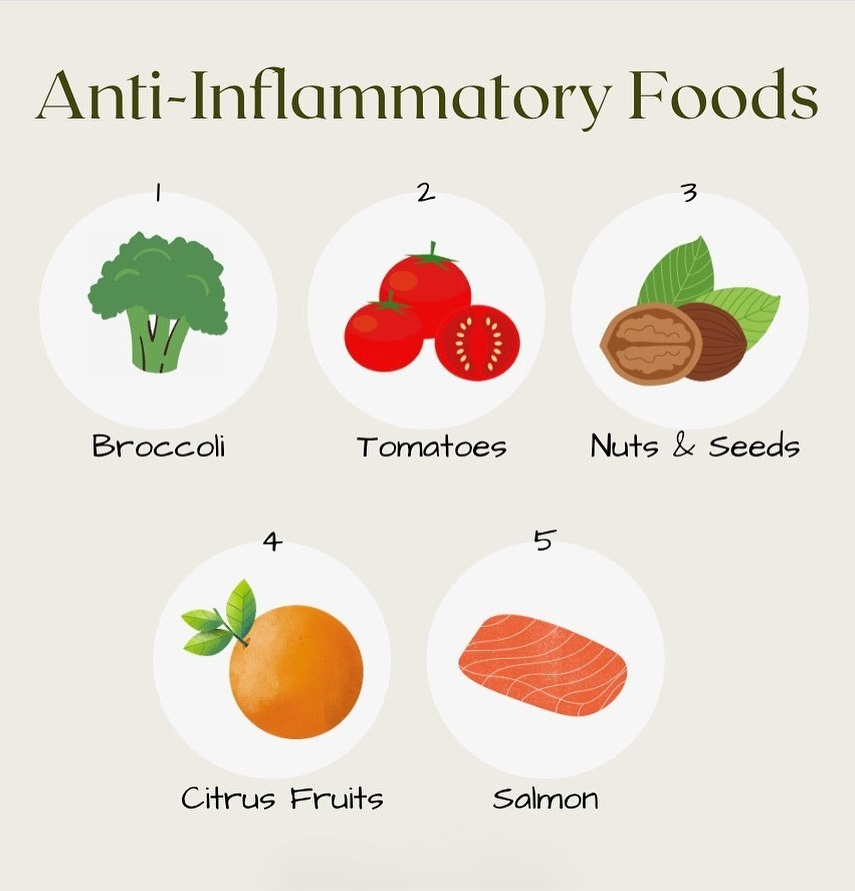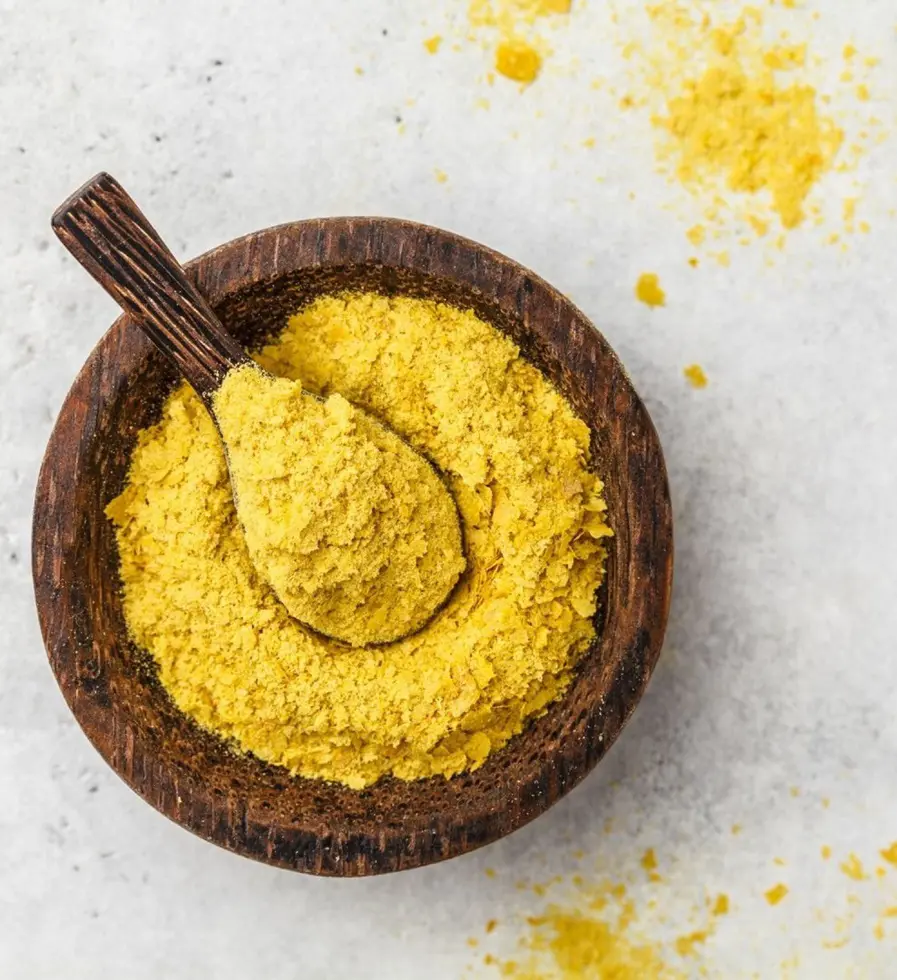12 Artichoke Benefits On Health And Nutrition Facts

This post may contain affiliate links. If you make a purchase through links on our site, we may earn a commission.
Artichokes are a part of the thistle family prized for their edible flowers. It originates from the Mediterranean region and Canary Islands.
The edible part of this veggie is the immature buds, while the bracts and hearts can also be used. Artichokes have a unique flavor due to compounds like cynarin and chlorogenic acid.
1. Antidote To Rich Fatty Foods
Artichokes have been used as antidotes since ancient times for the consumption of too much fatty foods. And the credit goes to the cholesterol-lowering ability of artichokes.
The cholesterol-lowering ability of artichokes has been approved by studies. These studies suggest that the intake of artichokes is associated with a decrease in the circulating levels of plasma lipid levels.
2. Good For Dyspepsia/Indigestion

Up to 40% of people around the globe are known to have suffered from dyspepsia. Dyspepsia or indigestion is related to a feeling of flatulence and fullness, heartburn and nausea.
Artichoke can reduce the symptoms related to dyspepsia that may have arisen due to improper bile and gastric acid secretion
Artichokes work well on bile obstruction cases as well as protection from gastritis-related disorders due to antioxidant effects.
3. Liver And Gall Bladder Tonic
The liver is the most important organ for the production of bile. The function of the bile is to break down fats and carry out the liver waste.
Artichokes are known to stimulate the production of bile hence promoting the functioning of the liver. Likewise, it prevents the accumulation of fat in the liver.
4. Good For Diabetes

Artichokes fall under the category of low glycemic index foods. These foods are considered safe for diabetics as they do not spike up the blood sugar level immediately after consumption.
Rather, the carbohydrates associated with them are metabolized slowly causing a small rise in the sugar levels.
Artichokes are also packed with dietary fibers. These fibers help prevent the occurrence of Type 2 diabetes.
5. Prebiotic/Probiotic Effect
The intestinal microbiota are diverse and abundant. Dietary fibers are present in excess in plant products including artichokes.
These fibers are not completely digested in the intestine and as they traverse through the large intestine, they make a food source for the bacteria residing there.
This property of positively impacting gut flora composition makes artichokes one of the probiotic foods.
6. Important For Brain

One of the important compounds for the proper functioning of the brain and nervous system is choline.
The average daily intake of choline ranges from 400-500 mg which can be fulfilled through the intake of choline-rich foods. Artichoke is a choline supplementing food with the added benefit of being low in fat.
The availability of choline in artichoke makes it helpful in regulating brain functions. This is achieved when the choline crosses the blood-brain barrier (BBB), reaches the brain and accelerates the formation of the brain chemical acetylcholine.
7. Improves Overall Functioning
Seven major minerals are essential in the proper functioning of our body. Artichoke has the majority of these essential minerals which makes it a superfood.
The presence of phosphorus and magnesium among these minerals are in high amounts in artichokes. Phosphorus is needed for the growth and maintenance of cells and consuming a medium artichoke can fulfill 16% of daily intake.
8. Perfect For Rheumatism
Foods rich in polyphenols or antioxidants can help to prevent these conditions by hindering the process of inflammation. Artichoke is one of the vegetables that has a remarkable amount of antioxidants.
The phytochemicals present in artichokes include chlorogenic acids, cynarin, and caffeoylquinic acids. The anti-inflammatory property of these phytochemicals reduces the pain, stiffness and swelling of the joints.
Therefore, the antioxidant and anti-inflammatory properties of artichoke make it perfect for rheumatism.
9. Good For Hypertension
The number of people with hypertension is said to have doubled worldwide in thirty years. Hypertension is the state of high blood pressure.
A diet pattern including fruits and vegetables is a healthy way to reduce the risk of chances and complications related to hypertension. Artichokes are high in potassium which is the main reason behind the regulation of blood pressure.
10. Good For Bones

Calcium and phosphorus are two main minerals that help in the formulation of bones. These minerals together form a structure called hydroxyapatite that provides structural strength to the bones.
Artichokes are packed with calcium and phosphorus which preserves the bone quality as well as helps in the growth of the bones.
Likewise, vitamin K is also needed for maintaining bone density, and reduced intake of this vitamin is associated with malfunctions such as osteoporosis and fracture risk.
11. Prevents Cancer
Cancer chemoprevention by natural products has been introduced for a long time. The benefit of these products is reduced side effects as compared to the chemical treatment.
Artichokes are known to contain compounds like apigenin, luteolin and cynarin that are known to possess anticancer effects. Many studies have been performed to observe the inhibitory and killing effects of artichokes in cancer cell lines.
12. Beneficial For Skin

Anti-oxidants are natural compounds that protect the skin from the harmful effects of UV rays and reduce the risk of aging.
Artichokes are vegetables rich in water content and inflammatory properties and have a lot of vitamins and minerals to offer to your skin.
The excess water keeps your skin hydrated preventing drying and dullness. The inflammatory property protects the skin from aging and UV rays.
Artichoke Nutritional Facts
According to USDA, a medium-sized artichoke (128 g) has the following listed nutritional value:
- Water: 109 g
- Energy: 60.2 kcal
- Protein: 4.2 g
- Fat: 0.2 g
- Carbohydrate: 13.4 g
- Fiber: 7g
- Betaine: 0.256 mg
Vitamins:
- Vitamin A: 16.6 IU
- Vitamin C: 15 mg
- Folate: 47 µg
- Vitamin K: 18.9 µg
- Vitamin E: 0.243 µg
- Choline: 44 mg
- Calcium: 56.3 mg
Minerals:
- Iron: 1.64 mg
- Magnesium: 76.8 mg
- Phosphorus: 115 mg
- Potassium: 474 mg
- Sodium: 120 mg
Phytonutrients:
- Beta-carotene 10.2 µg
- Lutein+zeaxanthin 594 µg
Recent posts
Nutrition
Nutrition
Is Cheese Good for Weight Loss? The Ones To Eat And Avoid
Cheese is considered an off-limit for many when it comes to losing weight. But that’s not necessarily true! Rather, cheese is a bit of a mixed bag and can actually have some benefits for weight loss when enjoyed mindfully. While you decide to i...
Nutrition
Oregano Oil Benefits and How To Use
Popular for high concentrations of active molecules like carvacrol and thymol, oregano oil has antioxidant, antifungal, and anti-inflammatory effects. Because of such attributes, it is used in culinary practices and is regarded as a beneficial addit...
Nutrition
20 Heart Healthy Foods You Must Include In Your Diet
Your heart is your body's engine that functions nonstop to maintain your vitality. It's time to give back to your heart which does so much to you. Eating proper heart-healthy food is one of the simple and effective ways to boost your heart health. Ho...
Nutrition
Hard Boiled Eggs Nutrition, Benefits And How To Eat?
Packed with vital vitamins, minerals, and protein, hard-boiled eggs are a nutritious powerhouse that gives your body endurance and vitality. They are adaptable, simple to make, and pair well with various types of healthy diets. These eggs are rich in...
Nutrition
Duck Eggs Benefits, Nutrition, And How To Eat?
Boasting better taste and texture than regular chicken eggs and significantly bigger, duck eggs are nutritional powerhouses. They contain very high protein content, fatty acids and vitamins and minerals to make them ideal for anyone who would wish to...
Nutrition
18 Fat Burning Smoothies For Weight Loss
The weight loss journey is tough if you have to get on the same path day after day, facing cravings and temptations along the way. We suggest you stop making it a monotonous struggle and make it a flavorful adventure instead. One of the easiest and m...







